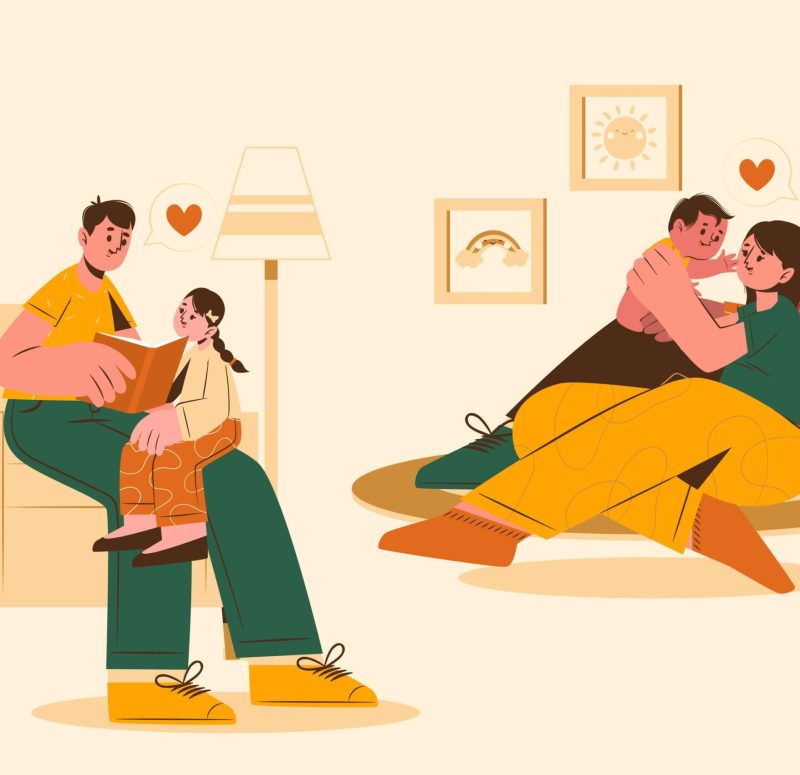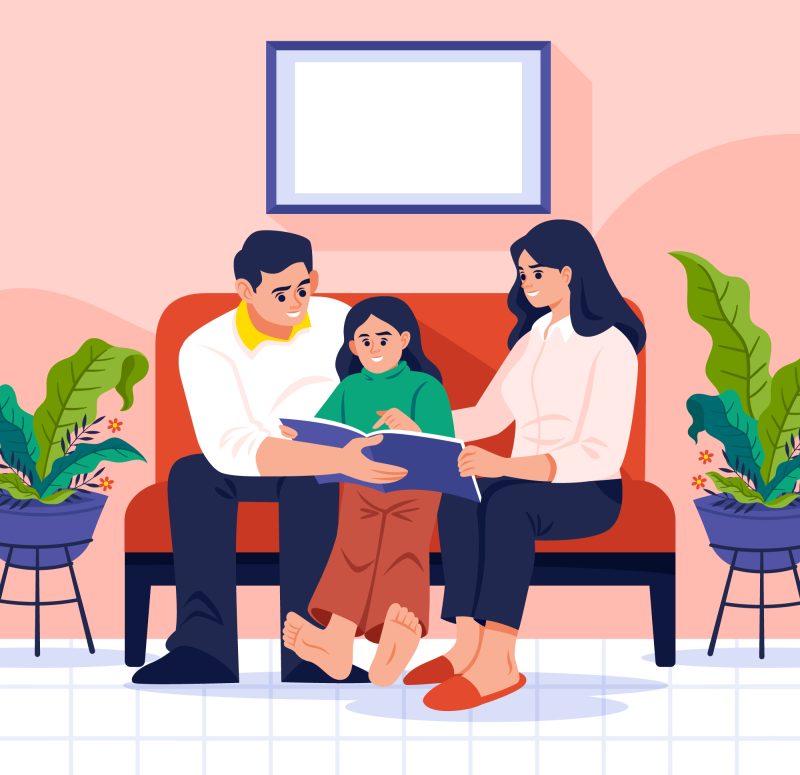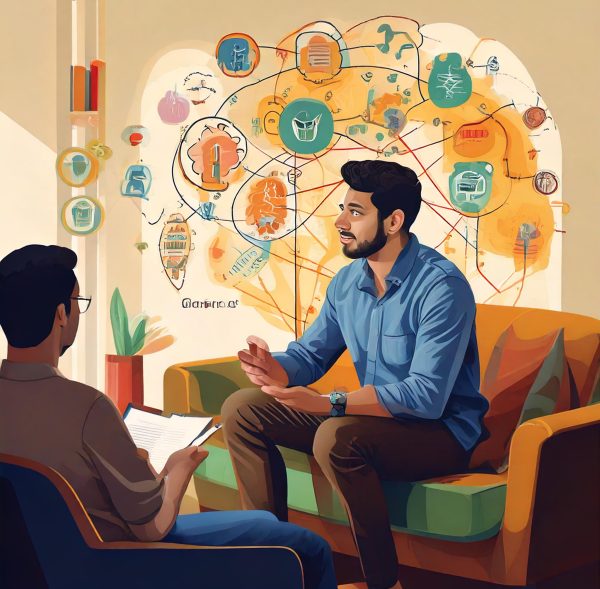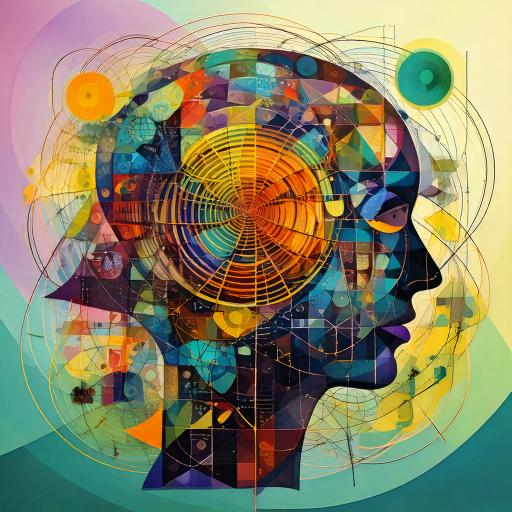Cognitive Behavioral Therapy(CBT) Certificate
Theories and Models in Family and Couples Therapy (60 Hours)
- Systemic Family Therapy
- Strategic Family Therapy
- Structural Family Therapy
- Cognitive-Behavioral Couples Therapy
- Emotionally Focused Therapy (EFT)
- Solution-Focused Brief Therapy
- Applications of Schema Therapy in Family Therapy
Diagnosis and Assessment Processes (30 Hours)
- Assessment Methods in CBT
- Psychological Tests and Questionnaires
- Clinical Interview Techniques
- Case Formulation
- Goal Setting and Treatment Planning
Marriage and Relationship Dynamics (50 Hours)
- Role Expectations and Conflicts in Marriage
- Communication Strategies and Problem-Solving Techniques
- Sexual Issues in Relationships
- Managing Infidelity and Trust Issues
- Power Dynamics and Control Issues in Relationships
Communication and Conflict Management in Family Therapy (40 Hours)
- Barriers to Communication and Causes of Conflict in Families
- Healthy Communication Techniques
- Active Listening and Feedback
- Conflict Resolution Strategies
- Methods to Enhance Relationship Satisfaction
Family Therapy with Children and Adolescents (50 Hours)
- Family Therapy Applications with Children and Adolescents
- Impact of Family Dynamics on Children
- Mental Health Issues in Children and Adolescents (Behavioral Disorders, Depression, Anxiety)
- Techniques for Working with Children in Family Therapy
- Family Relationships and Conflicts During Adolescence
Family Therapy in Trauma and Crisis Situations (50 Hours)
- Therapeutic Interventions in Cases of Domestic Violence and Abuse
- Impact of Divorce and Separation on Families
- Effects of Traumatic Experiences on Family Members
- Family Therapy for Grief and Loss
- Addiction and Family Dynamics
Cultural Differences and Family Therapy (30 Hours)
- The Impact of Cultural Differences on Family and Relationships
- Working with Diverse Cultural and Ethnic Groups
- Cultural and Religious Differences in Couples Therapy
- Developing Cultural Competence
Ethics and Professional Principles in Family Therapy (30 Hours)
- Ethical Issues in Family and Couples Therapy
- Principles of Confidentiality and Privacy
- Conflicts of Interest and Professional Boundaries
- Ethical Dilemmas and Solutions
- Legal Obligations in Family Therapy
Supervision and Practical Training (80 Hours)
- Case Studies and Real Case Presentations
- Family and Couples Therapy Applications Under Supervision
- Evaluation and Feedback on Therapeutic Interventions
- Case Management and Treatment Plan Development
- Building a Therapeutic Alliance
Final Project and Evaluation (40 Hours)
- Case Presentations and Final Projects
- Practical Sessions with Clients
- Certification Exam and Evaluation

Who Can Obtain This Certificate?
Individuals interested in obtaining a Family and Couples Therapy Certificate are typically expected to have a certain level of academic and professional background. Certification program requirements vary depending on the provider, country, and professional regulations, but the following groups are generally eligible for this certificate:
1. Psychologists
2. Psychiatrists
3. Counselors (Guidance and Psychological Counseling)
4. Social Workers
5. Family Counselors
6. Psychiatric Nurses
7. Sociologists
8. Pedagogues
9. Pedagogues
10. Other Professionals Interested in Family and Relationship Counseling
Participation Requirements for Certification Programs
- Education Level: Most programs require an undergraduate or graduate degree in psychology, counseling, social work, or medicine.
- Experience: In most cases, those seeking certification in family and couples therapy are expected to have clinical experience or experience working with clients.
- Professional Application: Institutions providing training often ask for professional background and references during the application process.
Obtaining this certification generally requires relevant education and experience, allowing participants to work professionally with families and couples and gain therapeutic intervention skills.
What is the Purpose of This Certificate? Which Jobs Can You Work In?
Individuals with a Family and Couples Therapy Certificate can offer professional counseling and therapy services to address family relationships, marital issues, communication problems, and interpersonal conflicts. This certificate provides individuals with skills in family and couples therapy techniques, enabling them to work professionally in therapy processes. Job opportunities vary based on the certificate holder’s professional background, field of work, and the scope of the certification program. Here are some potential job roles for those with this certificate:











